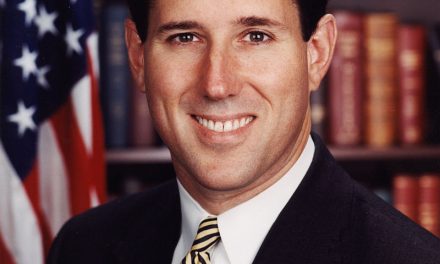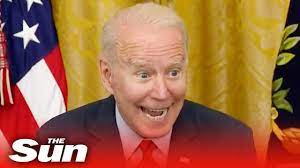CEOs who impose discipline and obedience achieve more in difficult economic cycles, according to an academic study.
Despite the popular trend of so-called transformational leadership – soft congenial management – decisiveness in an authoritarian approach is what works best in recessions.
That’s according to a major study published in an Academy of Management (AOM) publication.
The paper, entitled “When Authoritarian Leaders Outperform Transformational Leaders: Firm Performance in a Harsh Economic Environment,” was among the research published in the Academy of Management Discoveries, a journal that was dedicated to exploring management issues at ground level.
During the Great Recession, a consultant firm published a summary of interviews with CEOs of 14 major U.S. companies on how they had responded to hard times.
The CEOs cited the need for decisiveness on the one hand and for congenial openness on the other – “the power of openness at all levels” and “the need to assure employees that the CEO has faith in them.”
Their styles are popular in their workforces.
Benefits of an authoritarian approach
The study cited the interviews that advocated openness, but identified the benefits of an authoritarian approach.
The authors wrote “authoritarian leadership does have a positive impact on firm performance when firms operate in a resource-scarce environment. In such a situation, authoritarian leaders, who reinforce discipline and obedience, can help followers and organizations to achieve operational efficiency and effective coordination, which are critical in harsh environments.”
The researchers: Prof. Xu Huang of Hong Kong Polytechnic University; Erica Xu of Baptist University of Hong Kong; Warren Chiu of the Hong Kong Polytechnic University; Catherine Lam of City University of Hong Kong; and Jiing-Lih Farh of the Hong Kong University of Science and Technology.
“Despite its drawbacks, such as its tendency to suppress creativity and innovation, authoritarian leadership remains prevalent in business enterprises not only in China, where we conducted this research, but through much of the world, including the U.S. and EU,” comments Prof. Huang.
“Our findings suggest why this remains the case,” he adds.
The research into 102 subsidiaries of a telecommunications company analyzes the interrelationship among three factors:
1) Economic conditions in the county where each of the subsidiaries operates
2) The extent of transformational or authoritarian leadership in each of these units, as revealed by manager surveys
3) The performance of each subsidiary as measured in revenue growth over the four months and 12 months post-survey
Economic conditions were calculated four ways: Gross domestic product (GDP) per capita, GDP growth, average income of the population, and total retail sales per capita.
The researchers concede their conclusions “may be somewhat surprising, because in the literature transformational leadership has long been lauded as a humanistic and effective leadership style… inspir[ing] employees to achieve excellence and to contribute extra effort…In contrast, authoritarian leadership has a negative connotation in the literature and has been seen as a less desirable leadership style by employees across a variety of nations.”
About the 14 U.S. CEOs, Prof. Huang notes:
“It may be that their response to the recession partly reflected the munificent conditions in which they normally operate,” he surmises. “Possibly, too, there was an element of political correctness in what they said.”
He indicates there should be other considerations.
“In any event, what our study suggests is that the best leaders have more than one style of leadership and adjust them based on circumstances,” he says.
Steve Jobs example
“For example, we cite the case of Steve Jobs, who was as inspirational a leader as one can find but who resorted to an authoritarian approach when Apple was on the brink of bankruptcy,” he adds.
The professor explained why he conducted the study after teaching a class of CEOs and senior executives of some of the largest companies in China.
“They didn’t buy the idea of transformational leadership,” he says. “They were quite sure the authoritarian approach worked best. My co-authors and I decided to put the issue to the test, and this study is the result.”
Disclosure: As a former member of the prestigious AOM, I can tell you it is the world’s-largest organization devoted to management research and teaching with about 18,000 members in 117 countries,.
From the Coach’s Corner, here are more than 200 leadership articles:
I am not afraid of an army of lions led by a sheep; I am afraid of an army of sheep led by a lion.
-Alexander the Great
_________






